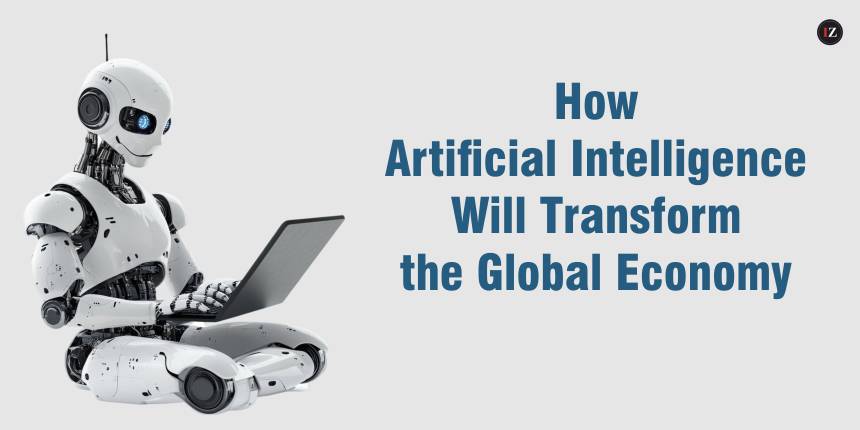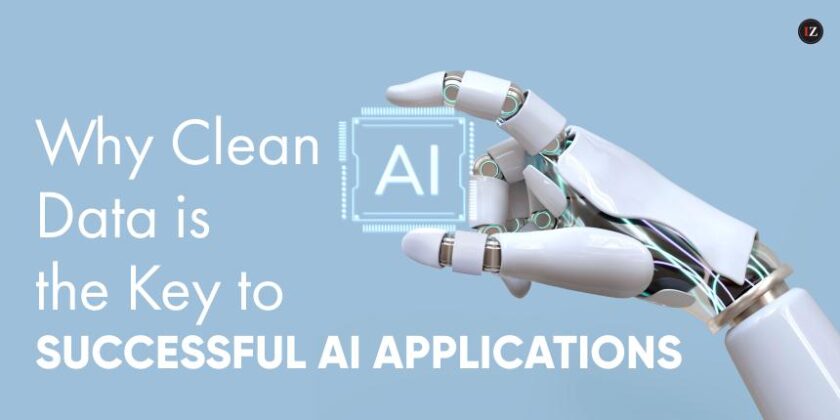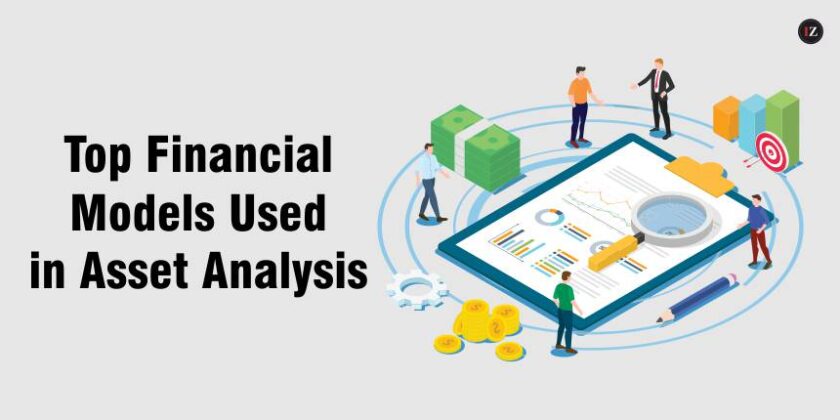Artificial Intelligence (AI) is no longer just a buzzword; it is rapidly becoming a transformative force that will reshape industries, labour markets, and economic dynamics across the globe. As AI technologies continue to evolve, their impact is expected to be profound, driving both opportunities and challenges. From automating routine tasks to enabling ground-breaking innovations, AI has the potential to significantly alter the way businesses operate, governments govern, and individuals live and work.
1. Disruption of Traditional Industries
AI’s most immediate effect will likely be the disruption of traditional industries. Sectors such as manufacturing, agriculture, healthcare, and transportation are already experiencing rapid changes due to AI’s capabilities.
- Manufacturing: AI-powered automation is revolutionizing production lines, enabling greater efficiency and reducing labour costs. Robots, powered by AI, can work alongside humans or autonomously, improving productivity and reducing the need for manual labour. Predictive maintenance powered by AI algorithms can also anticipate equipment failures, preventing costly downtime and optimizing production processes.
- Agriculture: AI is transforming farming with smart technologies like precision agriculture. AI can analyse vast amounts of data from sensors, satellites, and drones to optimize irrigation, monitor crop health, and predict yields. This helps farmers improve productivity and reduce waste, ultimately leading to more sustainable farming practices.
- Healthcare: In healthcare, AI is enhancing diagnostic accuracy, personalizing treatments, and automating administrative tasks. Machine learning models can analyse medical images, detect diseases, and predict patient outcomes with a level of precision that rival’s human experts. AI-driven drug discovery is also accelerating the development of new treatments.
- Transportation: AI is reshaping the transportation sector through innovations like autonomous vehicles and smart traffic management systems. Self-driving cars and trucks could revolutionize logistics and supply chains by improving efficiency, reducing accidents, and cutting fuel consumption. AI-powered systems are also optimizing routes and improving fleet management for logistics companies.
2. Boosting Economic Productivity and Efficiency
AI’s impact on productivity is arguably one of its most significant contributions to the global economy. By automating routine tasks, AI frees up human workers to focus on more complex and creative endeavours. This results in greater efficiency, faster decision-making, and enhanced productivity.
- Automation of Repetitive Tasks: AI can automate a wide range of repetitive and mundane tasks across industries. For example, AI-powered catboats can handle customer service inquiries, freeing up human agents for more complex cases. Similarly, AI can manage administrative functions, such as data entry and scheduling, allowing workers to focus on higher-value activities.
- Enhancing Decision-Making: AI’s ability to process vast amounts of data and recognize patterns can help businesses make more informed decisions. In sectors like finance, AI models can analyse market trends, predict price movements, and recommend investment strategies. In retail, AI can predict consumer preferences, enabling personalized marketing and more effective inventory management.
- Optimizing Supply Chains: AI can improve supply chain efficiency by predicting demand fluctuations, optimizing inventory management, and identifying potential disruptions. Machine learning algorithms can forecast supply and demand more accurately, reducing waste and ensuring that companies can meet customer needs promptly.
3. AI and Job Creation
While AI will undoubtedly replace some jobs, it will also create new opportunities. The growth of AI technologies will lead to new job categories that did not exist before, such as AI engineers, data scientists, and machine learning specialists. Moreover, AI will drive innovation in areas such as robotics, cybersecurity, and augmented reality, generating entirely new industries and career paths.
- New Opportunities in Tech: As AI continues to expand, there will be an increasing demand for skilled professionals to develop, implement, and maintain AI systems. This includes data scientists, machine learning engineers, and AI ethicists, as well as professionals who specialize in AI-driven cybersecurity to safeguard systems from cyber threats.
- Augmenting Human Labour: Rather than replacing jobs entirely, AI is more likely to complement human workers, enhancing their abilities and productivity. For example, doctors can use AI to assist in diagnosing diseases or analysing medical records, while financial analysts can use AI to process vast amounts of market data to identify trends. This collaboration between humans and AI could lead to greater output without the complete displacement of workers.
6. Global Economic Inequality
AI has the potential to both reduce and exacerbate global economic inequality. On one hand, AI can help emerging markets leapfrog developed economies by providing access to cutting-edge technologies and expertise. On the other hand, countries and companies that fail to adopt AI may fall further behind, widening the gap between rich and poor nations.
- Uneven Adoption Across Countries: While advanced economies are investing heavily in AI research and development, many developing countries lack the infrastructure or resources to capitalize on AI’s potential. This could lead to disparities in productivity growth, job creation, and overall economic prosperity across regions.
- Concentration of Wealth in Tech Giants: The rapid advancement of AI could also result in greater wealth concentration among large tech companies, such as Google, Amazon, and Microsoft, which are driving AI innovation. This could limit the competitive landscape and create economic challenges for smaller firms that cannot keep up with AI-driven advancements.
Conclusion
Artificial intelligence is poised to be a transformative force in the global economy, offering vast potential for growth, efficiency, and innovation. However, this transformation will come with challenges that must be addressed through careful planning, collaboration, and forward-thinking policies. As AI reshapes industries, labour markets, and economic structures, it is crucial to balance its benefits with thoughtful strategies to mitigate potential risks, ensuring that AI contributes to a more equitable and prosperous future for all.




